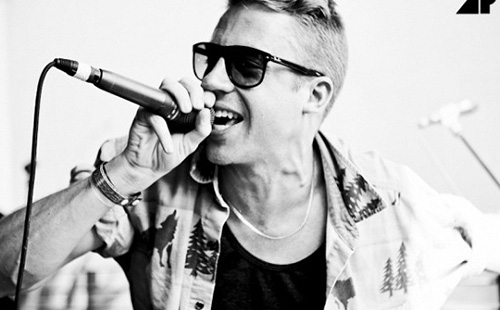New York, NY — Grammy award-winning rapper Macklemore was recently featured on New York City’s Hot 97 morning show, and he addressed racism, white privilege and police brutality. the recent protests that have erupted after the deaths of Mike Brown and Eric Garner.
He said, “For me, as a white rapper, I’m like, how do I participate in this conversation? How do I get involved on a level where I’m not co-opting the movement or I’m not making it about me, but also realizing the platform that I have and the reach that I have and doing it in an authentic way?”
He continued, “White people, we can just turn the TV off when we’re sick of talking abut race. It does not work that way for everybody, and the thing for me is, like, white liberal people wanna be nice. We don’t wanna mess up. We don’t wanna be racist.”
Why he decided to speak up
“I was talking to somebody and they said silence is an action and it’s my privilege that I can be silent about the issue, and I’m tired of being silent about it because I didn’t want to mess up, didn’t want to offend anybody,” he said. “But it is so imperative right now that we have this race conversation in America if we’re gonna progress, if we’re gonna move past this.”
He went on to say that he has “absolutely” benefited from “white privilege” especially in the music industry.
He said, “The privilege that exists in the music industry is just a greater symptom of the privilege in America. This is just a byproduct. People see me, they resonate with me, America is predominantly white… there’s relatability there.”
On “white-washing” hip-hop
Regarding accusations that white rappers are “white-washing” hip-hop, he commented, “You need to know your place in the culture. Are you contributing or are you taking? Are you using it for your own advantage or are you contributing to the culture? And that’s subjective, but I think it’s clear who has contributed and who is taking.”
Watch the entire interview below:

